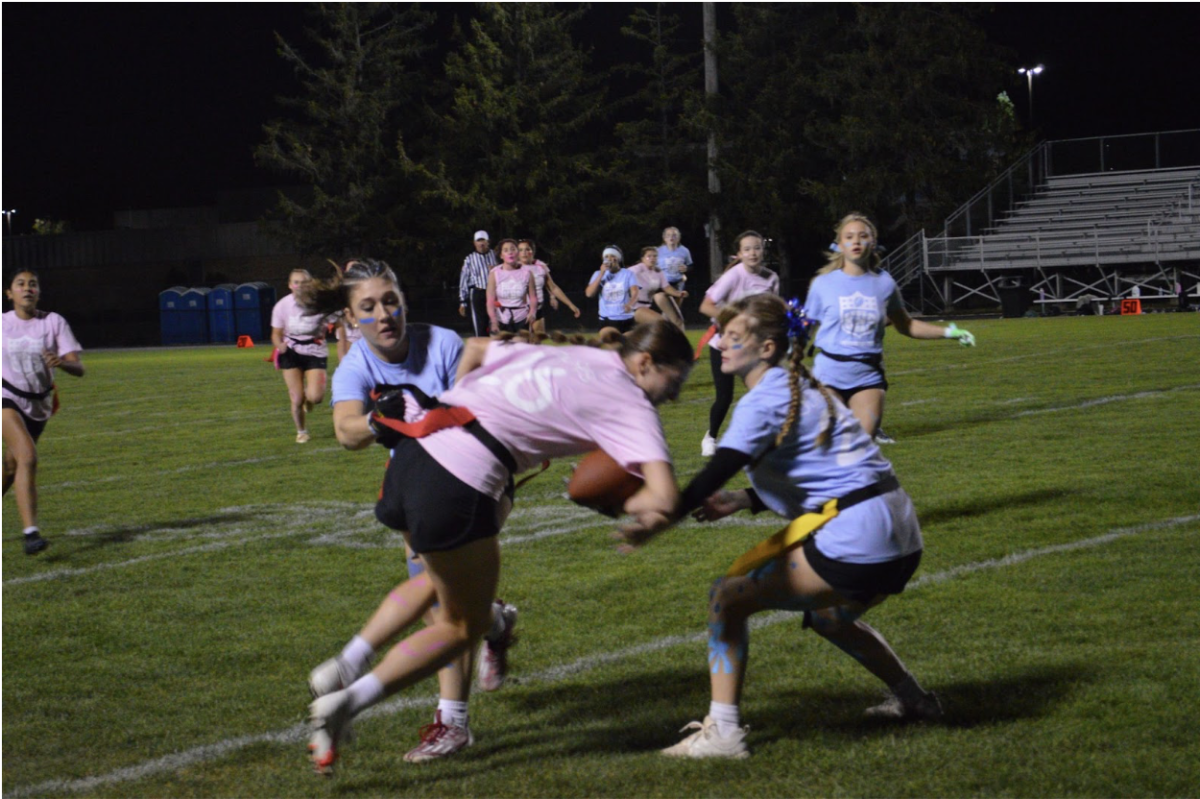By Eddie Rodgriguez, Reporter
The poverty rate at Kaneland skyrocketed 315 percent between the 2006-2007 school year to 2011-2012.
District 302 numbers show than increasing numbers of enrolled students are living in poverty or in low-income households, and it’s been on the rise since the 2006-07 school year.
In 2006, there were 226 students in the district getting free or reduced lunches. Nearly five years later, that number has jumped from 226 to 712—a dramatic 315 percent increase, though district enrollment has only gone up by 15.5 percent in the same time period.
Kaneland families mirror the national trend. Last month, the Census Bureau reported that nearly 1 in 6 Americans were living below the federal poverty line in 2010, the highest rate since 1993 and the largest number in five decades.
Social Sciences teacher Jonathan Busch said that unemployment during the recession is the leading cause of poverty.
“It’s just a condition of our economic times. High unemployment leads to more poverty,” he said. “If students’ parents have lost their jobs, that puts more pressure on their families, and a higher foreclosure rate forced them to move in and out of district.”
Busch also said that, as a result of the current economic state of the country and the Illinois budget crisis, all Kaneland teachers have taken a pay freeze.
“When we see more job growth, things will get better,” Busch said.
Social worker Jean Ryan-Meyers said that she had worked with many struggling families.
“I have heard from students about how they can’t find jobs themselves, parents losing jobs and higher rates of foreclosure,” Ryan-Meyers said. “When you don’t have basic necessities met like food on the table or clothes on your back, or you’re worried about those things even, it’s really hard to focus on higher-level things like academics.”
Ryan-Meyers said that the school does what it can to support families. “I have referred some students and families to food pantries,” she said.
Junior Danielle McCormack said that politicians should focus on creating new jobs.
“Maybe having another stimulus package [will help],” she said. “I’m worried that the current economic state will affect my family down the road, I’m also worried about my friends’ jobs.”
Teenage unemployment is very high, with many teens struggling to find jobs that were once easily open.
Sophomore Luke French said he has been affected by the recession by not being able to go on trips with his father and thinks that Kaneland is seeing the hard economic times just like every one else.
“The economy sucks,” French said.







